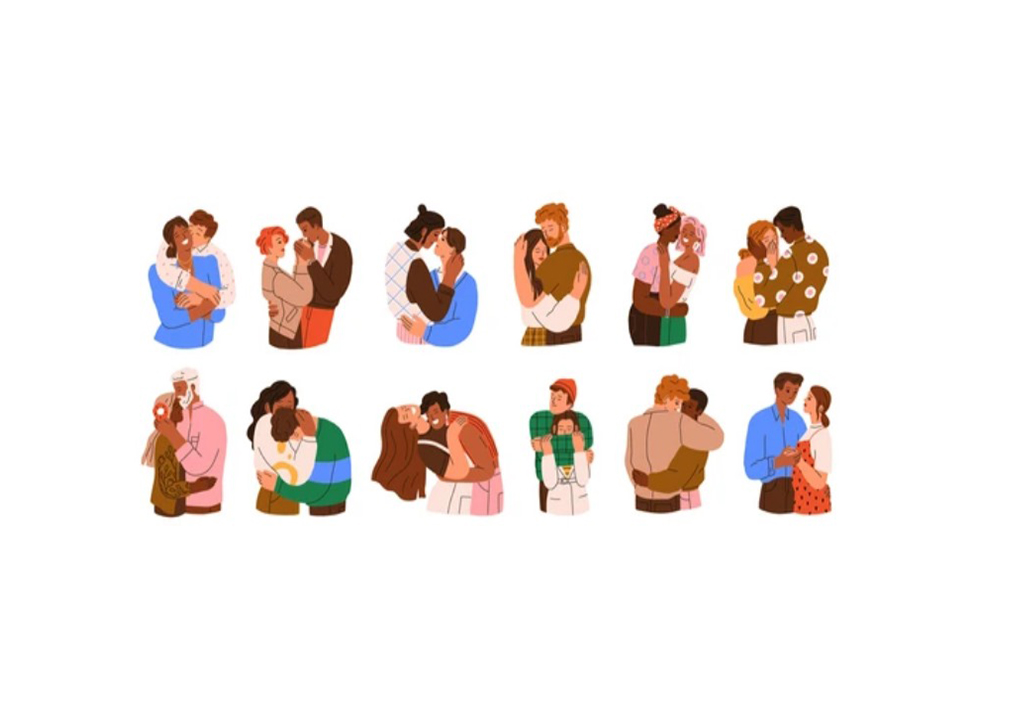What is sibling jealousy?
Sibling jealousy is a natural emotion that can occur when there is more than one child in the family. It is usually defined as a child's unwillingness to share the family's attention, love or resources with other children. This emotion can occur at different levels at different ages during children's development.
Sibling jealousy is more common between the ages of 2 and 6. During this period, children start to gain more independence and at the same time feel the need to express themselves. The sense of competition between siblings can become more pronounced at this age.
Symptoms of sibling jealousy can be the following:
- Attempts to get attention: A jealous sibling often makes an effort to get more attention. For example, they may try to get attention by talking all the time, trying to get praise or causing trouble.
- Competition: Jealousy can increase competition between siblings. They may try to compete against each other in games or other activities.
- Anger and Aggressive Behavior: Jealousy can lead to anger and aggressive behavior. The sibling may be aggressive or hostile towards the person they are jealous of.
- Low Self-Esteem: Feelings of jealousy can reduce a sibling's self-confidence and affect their self-esteem.
- Apathy or Rejection: In some cases, a jealous sibling may reject or avoid interacting with the person they are jealous of.
- Depression and Anxiety: Chronic jealousy can lead to depression and anxiety. These feelings often indicate the inner distress of the jealous sibling.
- Manipulative Behavior: A jealous sibling may act manipulatively to get what they want. For example, he or she may try to convince mom or dad to compete with the other sibling.
These symptoms give an overview, but each child or adult may react in different ways. It is important to manage feelings of jealousy and learn healthy ways of communicating.
Parents can use various strategies to deal with sibling jealousy. Here are some suggestions:
- Recognize and Accept Feelings: It is important to understand and accept children's feelings. Teaching them that feelings of jealousy are normal and how to manage them can help.
- Balanced Attention: It is important that parents give each child fair and balanced attention. Recognizing that each child has unique needs and interests, it is important to make time for each one.
- Positive Modeling: It is important for parents to model positive behaviors such as love, respect and solidarity among their children. Seeing examples of cooperation and cooperation between siblings can reduce feelings of jealousy.
- Protecting Personal Spaces: It is important to understand that every child has personal space and private belongings. Respecting these spaces and protecting their privacy can reduce feelings of jealousy.
- Empathy and Support: To deal with sibling jealousy, it is important to show empathy and support children. Listening to and understanding their feelings and helping them with the right guidance can help reduce feelings of jealousy.
Sibling jealousy may not be completely eliminated, but it is possible to manage and reduce these feelings with the strategies mentioned above. The important thing is to teach children the skills of building healthy relationships and expressing their feelings and to provide them with a loving environment.
- Allocating Special Time: Making time for each child and doing one-on-one activities with them can help strengthen special bonds and reduce feelings of jealousy.
Hashtags
family therapy child therapy adolescent therapy sibling jealousy family relationships family ties building relationships understanding emotions online therapy pedagogy pedagogical support siblings sister and brother
Categories
Family Pedagogical (Family-Child-Adolescent)







